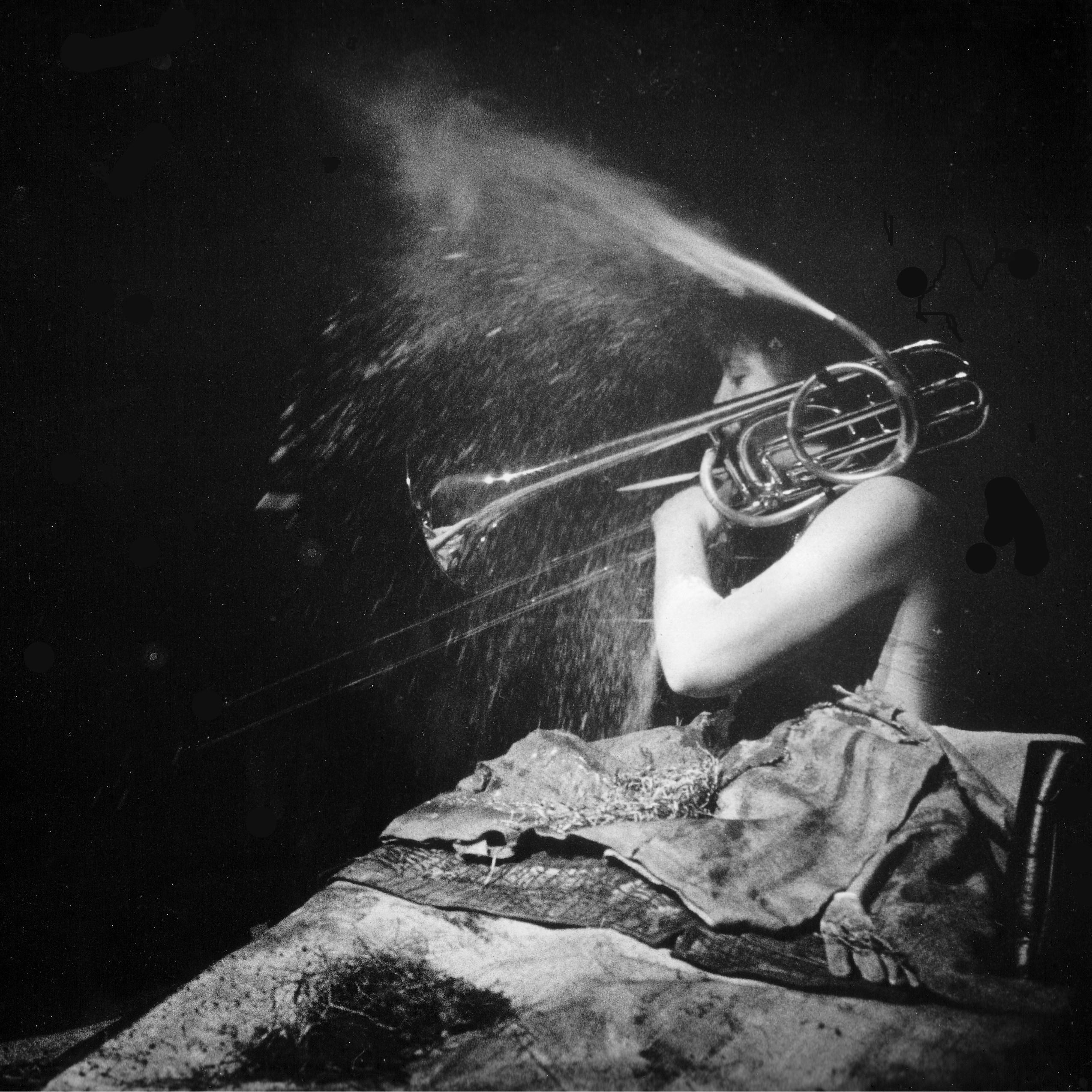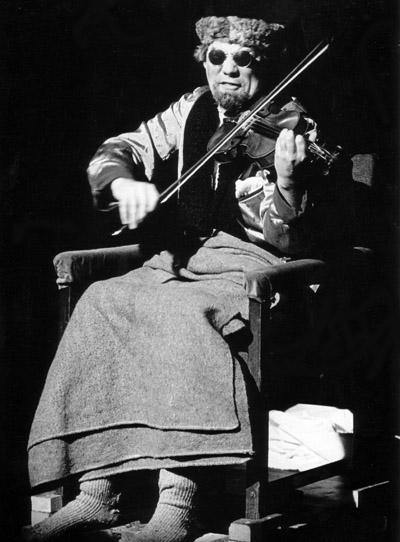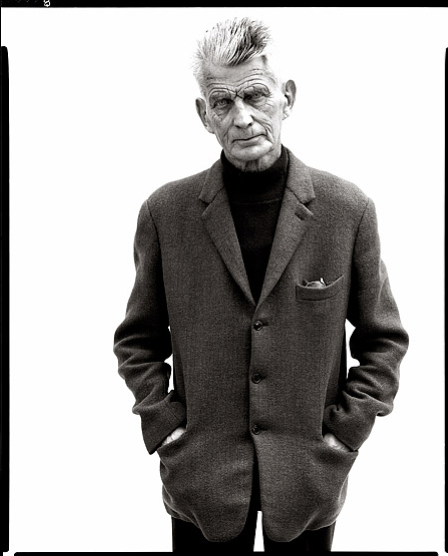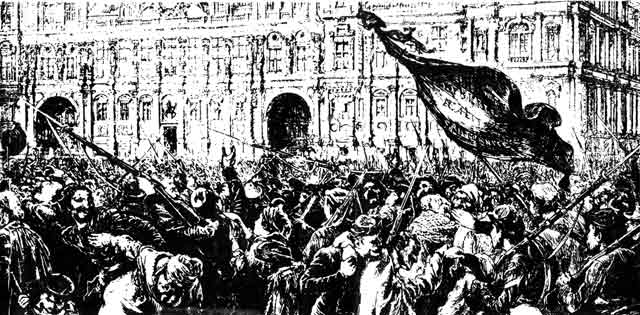
this piece appeared at
Telos Press Blog (Jan 11, '09)
Jean-Claude Paye, a sociologist, is the author of Global War on Liberty, available from Telos Press. This essay was translated from the French by Henry Crapo.
The Tarnac Affair:
Symptomatic of a Psychotic Social Order
by Jean-Claude PayeOn November 11, 2008, within the framework of Operation "TAIGA" [1], one hundred and fifty police encircled the small village of Tarnac, in Corrèze (southwest France). Simultaneously, evidence was seized in Rouen, Paris, Limoges, and Metz. An arrest of young people was made, above all as a spectacle to incite fear. Their arrest was said to be in connection with the sabotage of the train lines of the SNCF [2], which on November 8 caused delays for certain TGVs on the Paris-Lille line [3]. These malevolent acts, which knocked down several overhead wires, were characterized as terrorist in nature, despite the fact that they never, at any moment, put human lives in danger. The prosecution, which says it possesses several clues, recognizes that it has no material evidence or proof.
It is the character profile of the arrested youths that justifies their being held for questioning. They were arrested because "they used radical language and had relations with foreign groups," and because a number of them had "participated on a regular basis in political demonstrations"—for example, in "marches held in opposition to the Edvige [Exploitation documentaire et valorisation de l'information générale] file system [4] and against the reinforcement of measures against immigration." As for their residence, it was described as "a meeting place for indoctrination, a base camp for violent action."
Although accused of constituting a "hardcore cell that had armed struggle as its purpose," they were rapidly set free, some conditionally so, while others were confined to their residence. Only the "chief" and his companion would be held in jail. On December 26, the appeals court in Paris had, at the request of the prosecution, cancelled an order that Julien Coupat be released. The request for release of his companion had been previously refused.
The discourse of the government illustrates a kind of double displacement: first, simple acts of sabotage, such as those one might find in any social movement, are qualified as "terrorist," and these acts are attributed to the youths of Tarnac, despite the fact that the police admit to the absence of any material element of proof. The image of terrorism construed by the State creates a reality that is a substitute for the facts. The facts are not denied, but they are denied any explanatory capacity. The acts of sabotage cannot be other than the acts of persons designated as terrorists. The act of naming, prior to any procedure of objective evaluation, trumps the latter and seals it in an empty form.
The absence of material elements that would permit the pursuit of the incriminated persons is not denied, but the necessary prevalence of facts is overturned, in the interests of the primacy of the image constructed by the State. The position of the Minister of the Interior, Madame Alliot-Marie, is particularly interesting: "They have adopted underground methods. They never use mobile telephones, and they live in areas where it is very difficult for the police to gather information without being spotted. They have managed to have, in the village of Tarnac, friendly relations with people who can warn them of the presence of strangers." But, the minister admits, "there have been no indications of attacks against persons."
These declarations nicely sum up the affair. What makes these young people terrorists is their way of life, the fact that they attempt to escape the economic machine and that they do not adopt a "proactively" submissive attitude with respect to procedures of control. Not to have a cellphone is proof of terrorist intentions. Participating in a social network is also incriminating behavior, because this practice permits the construction of a protective shield against the deployment of unrestricted power by the State.
In its declarations, the reference to acts, in the absence of any convincing material elements of proof, cannot be rationally assimilated, and induces a phase of aberration, a reconstruction of reality with the image of terrorism as support. This process is equally visible in the police reports, which utilize, from a purely semantic point of view, an entirely phantasmagorical reconstruction of reality. Thus, the police, as if referring to material proof of the culpability of the accused, speak of "documents noting the times of passage of trains, village by village, with the times of arrival and departure from the stations." An SNCF timetable thus becomes a particularly troubling document, and its possession necessarily implies participation in the material destruction of railway equipment.
The staging of these arrests and the bringing of charges against the "autonomous youth of Tarnac" is a phenomenon that reveals a profound mutation of the symbolic order of the society. The State has the ability to create a new reality, a virtual reality that does not suppress, but rather supplants, the facts. The weakness of the social movement and the failure of the symbolic function explain the absence of constraints on the domination of the State, which exhibits itself as an all-inclusive entity in the guise of a maternal image. Where a social order reveals itself to be contradictory, a psychotic structure takes its place, an order that suppresses all conflict and all possibility of confrontation with reality.
Notes
1. TAIGA (traitement automatique de l'information géopolitique d'actualité) is French spyware, developed in 1987, which uses somewhat outmoded computer technology based on the semantic analysis of information intended for the General Directorate for External Security (DGSE). (The DGSE, which is subordinate to the Ministry of the Defense, is responsible for military intelligence as well as for strategic information, electronic intelligence. It is also responsible for the counterespionage outside the borders of the national territory.) TAIGA technology was used by the FBI to gather information on Julien Coupat's supposed subversive activities in the United States, whence the operations code name "EAL."
2. The French National Railway Company (SNCF) is a French public enterprise.
3. The TGV (train à grande vitesse) is the French high-speed train.
4. French revolt over Edvige-Sarkozy's Big Brother computer, which will spy on citizens.


















.jpg)






